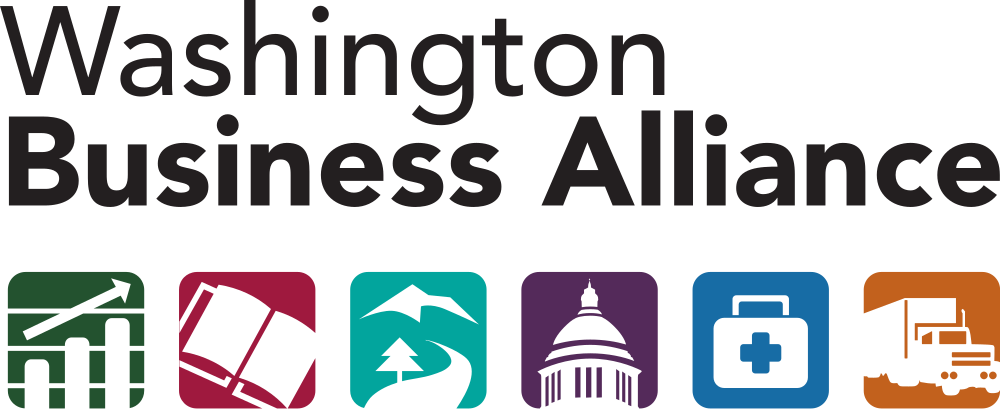You can directly impact Washington’s open data policy by filling out this short survey
Can open data stimulate economic activity? Can it lead to the creation of new business models?
Mounting research and anecdotal evidence tell us that open data is valuable to businesses and entrepreneurs. However, not all datasets are of equal value to the business community. Understanding which types of data are relevant to companies and innovators can help Washington State take a targeted approach to open data.
How do companies currently use open data?
Many companies that use open data are considered infomediaries, meaning that their core business is to capture and share information. Other companies simply use government information to make decisions about strategy and growth.
The use of data for core business models is becoming more and more popular though, running the gamut from applications that simply present data to analytical data services. Deloitte surveyed 230 companies in 2012 and found distinct business use cases:
- Developers build mobile and web applications to deliver information in an easy-to-understand, unique way. Many public transit apps, like Waze, do this.
- Enrichers use data to develop completely new services, such as Zillow. These types of businesses add the most value in terms of sheer dollars.
- Enablers provide the services that allow others to access government data. Think Socrata.
These use cases demonstrate open data’s role in forming new enterprises. But, it’s important to remember that data alone cannot induce new business formation.
Open Data and New Business Formation
As The Shorenstein Center puts it, “data can be thought of as infrastructure and as ‘fuel’ for new technology-enabled products and services.” The combination of data and other factors such as an innovative idea, the inadequacy of existing services, new ways to process data, or new technologies for service delivery is what actually creates value.
Furthermore, research by the World Bank revealed that open data users are unlikely to build an app or start a company simply because data is available. However, the ease of accessing data ups the chances that data will be utilized by individuals and enterprises who have already identified a market opportunity.
Luckily, Washington State has the right mix of tech talent and entrepreneurialism to take advantage of open data. It’s up to the state to pursue an open data strategy with businesses and entrepreneurs in mind.
Where do we go from here?
Tailoring open data policy to the needs of businesses can mean several things. For instance, publishing datasets that are more granular (rather than aggregate) is helpful to companies because it allows them to apply sophisticated data analytics and manipulate data themselves. Aside from issues of formatting, we need to prioritize the publication of datasets based on current usage patterns and impact.
The current usage patterns for open data are best understood at the national level. The Open Data 500 survey shows that data from the Department of Commerce and the Department of Health and Human Services lead the way, followed by data from the Securities and Exchange Commission, Department of Labor and Department of Energy. Many companies that responded to the survey sited using multiple federal data sources.
This type of inquiry is missing at the state level. Company-level feedback, combined with quantifiable impact for each type of data, is needed to move Washington’s open data policy forward. That’s why Washington Business Alliance is partnering with the Office of the Chief Information Officer to take a smart approach to open data.
